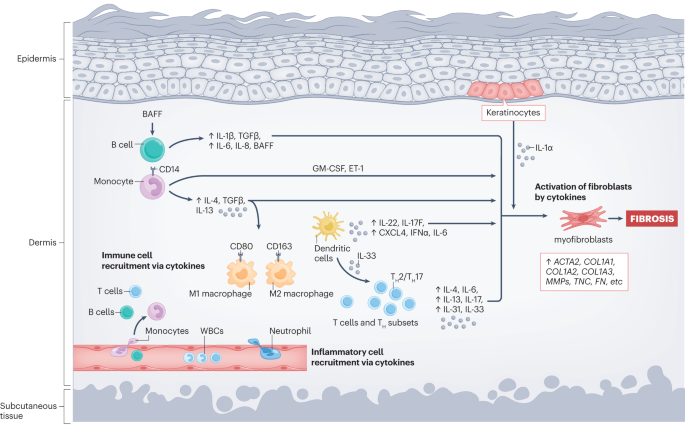- Select a language for the TTS:
- UK English Female
- UK English Male
- US English Female
- US English Male
- Australian Female
- Australian Male
- Language selected: (auto detect) - EN
Play all audios:
Access through your institution Buy or subscribe A locus upstream of the gene _BIN1_ is second only to the apolipoprotein E locus as a genetic determinant of Alzheimer disease (AD)
susceptibility, but the underlying mechanism has been unclear. Now, Jean-Charles Lambert and coworkers have identified an insertion allele upstream of _BIN1_ that increases expression of
this gene and seems to be involved in the tau pathway of AD pathology. BIN1 is involved in numerous cellular processes, including endocytosis and regulation of cytoskeletal dynamics. “To
begin to lift the veil from the role of BIN1 in AD, we adopted a multidisciplinary approach including molecular and functional genetics, cell biology, neuropathology and _Drosophila_
biology,” says Lambert. This is a preview of subscription content, access via your institution ACCESS OPTIONS Access through your institution Subscribe to this journal Receive 12 print
issues and online access $209.00 per year only $17.42 per issue Learn more Buy this article * Purchase on SpringerLink * Instant access to full article PDF Buy now Prices may be subject to
local taxes which are calculated during checkout ADDITIONAL ACCESS OPTIONS: * Log in * Learn about institutional subscriptions * Read our FAQs * Contact customer support ORIGINAL RESEARCH
PAPER * Chapuis, J. _ et al_. Increased expression of BIN1 mediates Alzheimer genetic risk by modulating tau pathology. _Mol. Psychiatry_ doi:10.1038/mp.2013.1 Article CAS Google Scholar
Download references Authors * Katie Kingwell View author publications You can also search for this author inPubMed Google Scholar RIGHTS AND PERMISSIONS Reprints and permissions ABOUT THIS
ARTICLE CITE THIS ARTICLE Kingwell, K. _BIN1_ variant increases risk of Alzheimer disease through tau. _Nat Rev Neurol_ 9, 184 (2013). https://doi.org/10.1038/nrneurol.2013.34 Download
citation * Published: 05 March 2013 * Issue Date: April 2013 * DOI: https://doi.org/10.1038/nrneurol.2013.34 SHARE THIS ARTICLE Anyone you share the following link with will be able to read
this content: Get shareable link Sorry, a shareable link is not currently available for this article. Copy to clipboard Provided by the Springer Nature SharedIt content-sharing initiative






